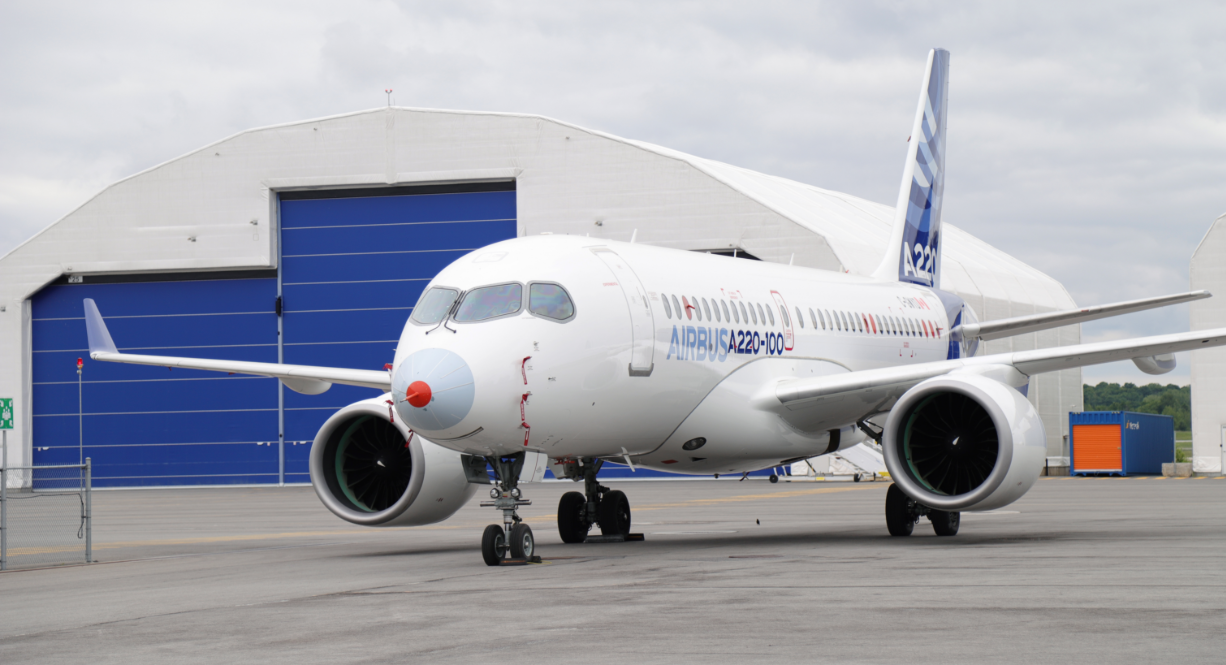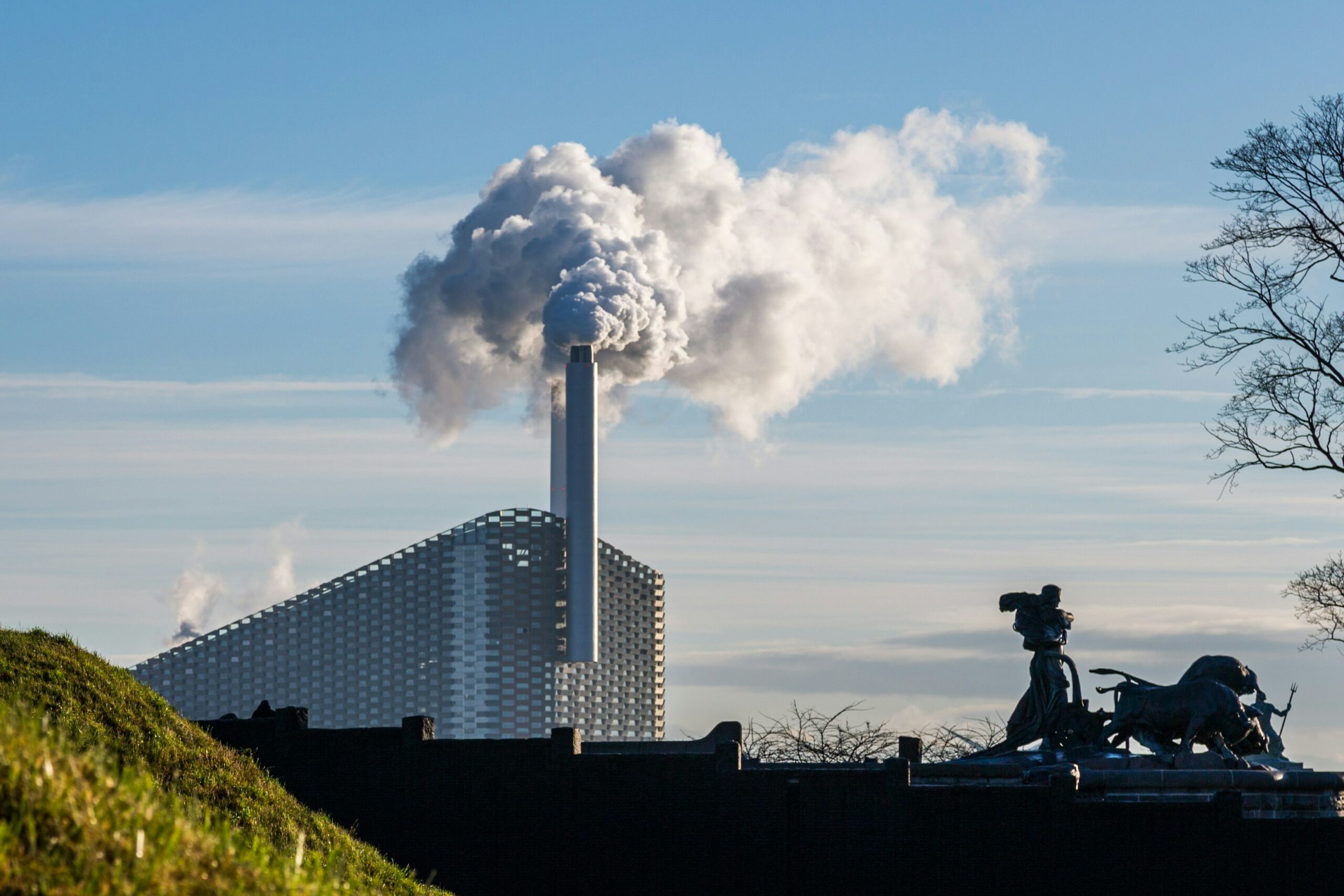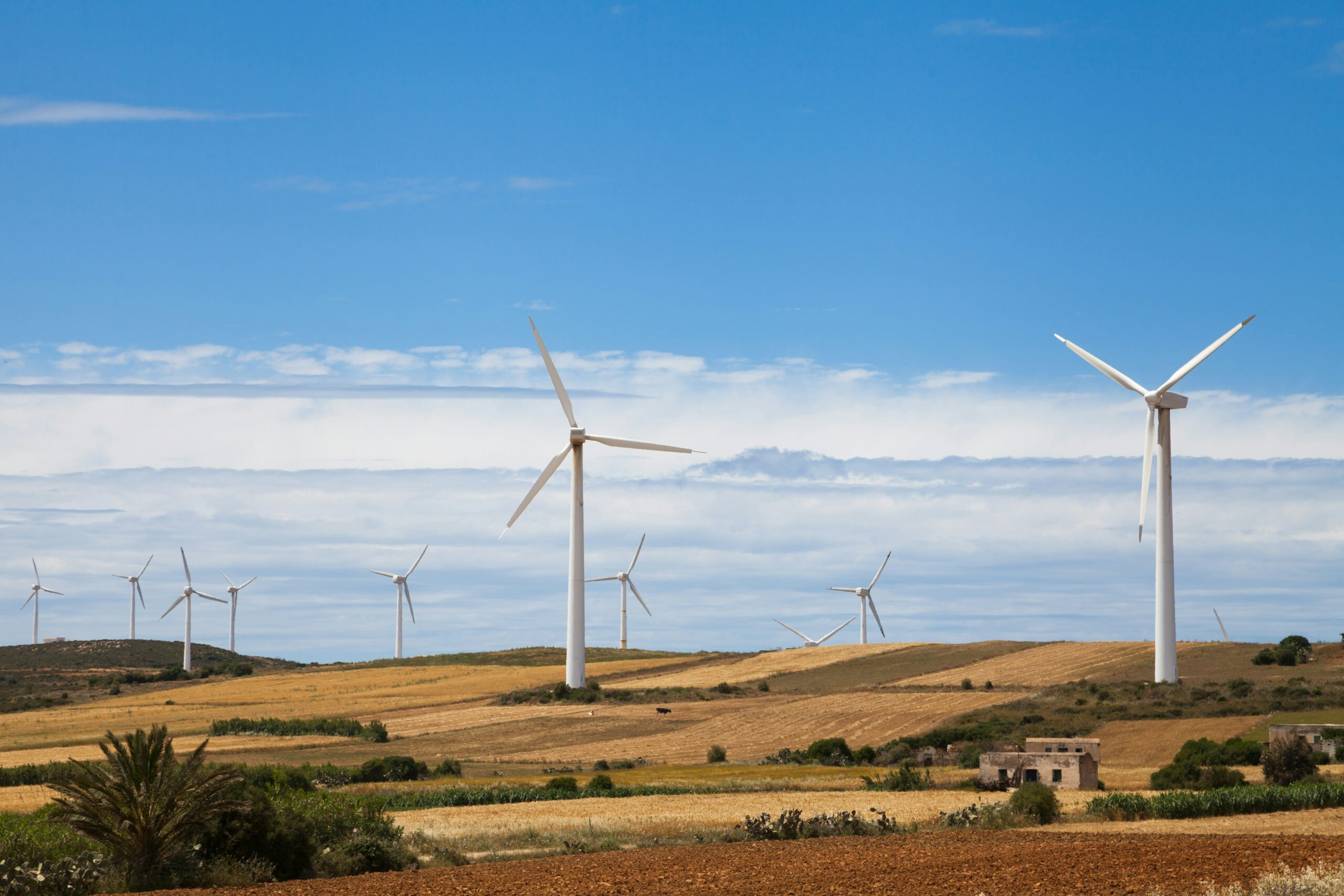- • Airbus and leading Canadian aerospace institutions have launched the CRYSTAL project to study non-CO2 aviation emissions from Jet A-1 and 100% Sustainable Aviation Fuel (SAF).
- • Ground tests will begin in Q3 2025, followed by flight tests in 2027 at Airbus’ Mirabel facility, using an A220 aircraft to analyze contrails and emissions at various altitudes.
- • The data from CRYSTAL will help refine contrail models and guide development of engine technologies and fuels aimed at reducing aviation’s environmental impact.
PRESS RELEASE – Airbus and major Canadian aerospace academic and research organizations have launched a project to measure non-CO2 emissions produced from different jet fuels, including 100% sustainable aviation fuel (SAF).
The project named Contrail Research Yielding STimulating Advanced RQL Learning (CRYSTAL) includes a ground and flight test campaign at Airbus’ Mirabel site in Canada, the A220 Programme headquarters. The CRYSTAL project aims at measuring emissions on-wing (ground testing) and in-flight emissions and contrails at various altitudes (flight testing) using the A220 flight test aircraft.
Both ground and flight tests will be operating on Jet A-1 and 100% Sustainable Aviation Fuel (SAF) to study the effects on emissions and contrail properties, and the associated climate impacts. The data generated will be used by the scientific community to improve contrail models and identify engine technology and fuels that could minimize the climate impact from contrails.
The ground tests are planned to happen as of Q3 2025 and the flight tests in 2027. YMX International Aerocity of Mirabel airport managed by ADM (Aéroports de Montréal) will support this collaboration. The CRYSTAL project will be one of the key projects under Espace Aero – the first official Quebec aerospace innovation zone project this year.

The project includes expertise from key Canadian players such as Polytechnique Montréal, École de technologie supérieure (ÉTS) and FSM Management Group. Airbus and its partners are in discussion with government programs including Canada’s Initiative for Sustainable Aviation Technology (INSAT) and Consortium for Research and Innovation in Aerospace in Québec (CRIAQ) to support the project. This collaboration demonstrates Airbus’ and the global and local aerospace industry’s willingness to join forces to better understand aviation emissions, so that they can be addressed in the most effective manner in the future.
Mélanie Lussier, President of Aéro Montréal, said: “Espace Aéro is proud to see a major project take shape with CRYSTAL, driven by Airbus’ leadership and its partners. This collaborative initiative perfectly reflects our innovation zone’s commitment to decarbonization and showcases how Quebec’s ingenuity and innovation are helping to shape the sustainable aviation of tomorrow. By bringing together industrial and academic players around concrete solutions, we are strengthening Quebec’s position as a leader in aerospace environmental performance.”
Martin Massé, Vice-President, Public Affairs, Communication and Sustainability, ADM, said: “ADM Aéroports de Montréal is proud to be involved in this visionary research project. For many years now, our organization has prided itself on making its facilities available to support partners in the aviation ecosystem on their journey towards net zero emissions. As a world-class aeronautical hub and innovation zone, the YMX site was the perfect place to be at the forefront of this initiative, which will ultimately enable our industry to take the next step towards decarbonizing its activities.”
Catherine Guillemart, Head of Public Affairs and Sustainability, Canada, Airbus said: “We are delighted to collaborate with world-class partners in Canada, as we are committed to supporting the aviation industry’s efforts to research on non-CO2 emissions. Increasing the scientific data to further understand the formation of non CO2-emissions remains key for the industry to understand their effects.”
CRYSTAL is an initiative similar to the VOLCAN and ECLIF3 projects previously carried out by Airbus in Europe, respectively with aircraft from the A320neo and A350 Families.
Find out more about Airbus’ efforts to reduce Non-CO2 emissions and learn more about Airbus’ decarbonisation roadmap.








